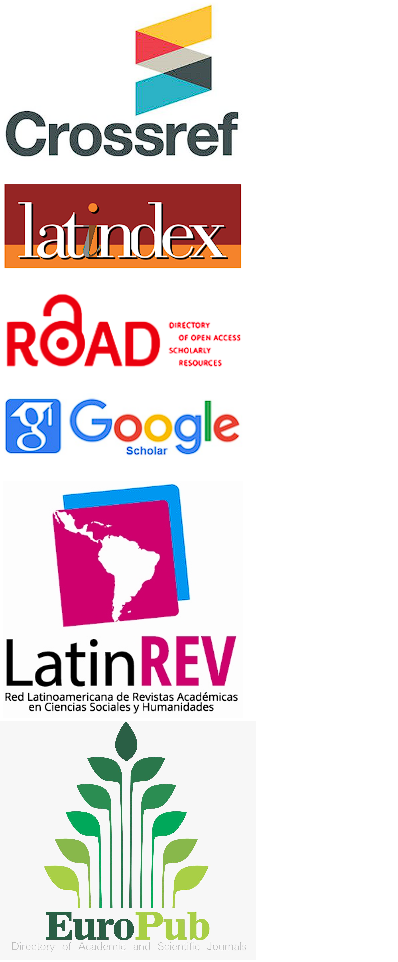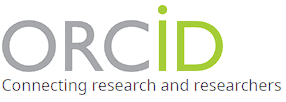La ontología de las matemáticas: reflexiones filosóficas para enriquecer la enseñanza
DOI:
https://doi.org/10.58299/cisa.v6i2.94Keywords:
teachingAbstract
This article "The ontology of mathematics: Philosophical reflections to enrich teaching" explores how ontologicalperspectives on mathematical objects can transform teaching practice and enrich teaching. Through an analysis of
approaches such as realism, platonism, constructivism and formalism, it highlights how these visions influence
the understanding and teaching of mathematical concepts. It is argued that integrating philosophical reflection
in the classroom promotes more critical and meaningful learning, connecting mathematics with the experiences and
needs of students. In addition, pedagogical strategies based on multicultural discussions and activities are
presented to enrich the perception of mathematics as a dynamic and cultural human construction. This approach
not only promotes critical skills, but also allows students to appreciate mathematics as a tool. to interpret
and transform the world.
References
D’Ambrosio, U. (2001). Ethnomathematics: Link Between Traditions and Modernity. Sense Publishers.
Ernest, P. (1998). Social Constructivism as a Philosophy of Mathematics. SUNY Press.
Hersh, R. (1997). What Is Mathematics, Really? Oxford University Press.
Boaler, J. (2016). Mathematical Mindsets: Unleashing Students' Potential through Creative Math, Inspiring Messages, and Innovative Teaching. Jossey-Bass.
Corry, L. (1997). David Hilbert and the Axiomatization of Physics (1898–1918). Springer.
Hersh, R. (1997). What Is Mathematics, Really? Oxford University Press.
Shapiro, S. (2000). Thinking About Mathematics: The Philosophy of Mathematics. Oxford University Press.
D’Ambrosio, U. (2001). Ethnomathematics: Link Between Traditions and Modernity. Sense Publishers.
Ernest, P. (1998). Social Constructivism as a Philosophy of Mathematics. SUNY Press.
Wigner, E. P. (1960). The Unreasonable Effectiveness of Mathematics in the Natural Sciences. Communications on Pure and Applied Mathematics, 13(1), 1–14.
Corry, L. (1997). David Hilbert and the Axiomatization of Physics (1898–1918). Springer.
Ernest, P. (1998). Social Constructivism as a Philosophy of Mathematics. SUNY Press.
Gödel, K. (1947). What is Cantor’s Continuum Problem?. The American Mathematical Monthly, 54(9), 515–525.
Hersh, R. (1997). What Is Mathematics, Really? Oxford University Press.
Shapiro, S. (2000). Thinking About Mathematics: The Philosophy of Mathematics. Oxford University Press.
Hersh, R. (1997). What Is Mathematics, Really? Oxford University Press.
Shapiro, S. (2000). Thinking About Mathematics: The Philosophy of Mathematics. Oxford University Press.
Boaler, J. (2016). Mathematical Mindsets: Unleashing Students' Potential through Creative Math, Inspiring Messages, and Innovative Teaching. Jossey-Bass.
Ernest, P. (1998). Social Constructivism as a Philosophy of Mathematics. SUNY Press.
Hersh, R. (1997). What Is Mathematics, Really? Oxford University Press.







